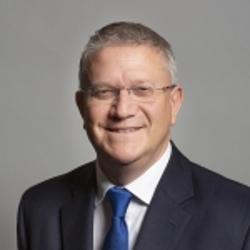Students: Hearing Impairment
(asked on 5th January 2024) - View SourceQuestion to the Department for Education:
To ask the Secretary of State for Education, what steps she is taking to provide support for deaf students.
The department’s ambition is for all children and young people, no matter what their Special Educational Needs and Disabilities (SEND), to receive the right support to succeed in their education and as they move into adult life. The department is creating a new single national SEND and Alternative Provision (AP) system for how needs are identified and met across education, health and care (EHC). This new single national system will set standards on what support should be made available in mainstream settings, including for children with hearing impairments, as well as guidance on when an EHC plan is required, and when specialist provision, including AP, is most appropriate for meeting a child or young person’s needs.
The department is committed to ensuring a steady supply of teachers of children with hearing impairments in both specialist and mainstream settings. To teach a class of pupils with hearing impairments, a teacher is required to hold the relevant mandatory qualification (MQSI). There are currently six providers of the MQSI, with a seventh from September 2024. In addition, the Institute for Apprenticeships and Technical Education is developing a new occupational standard for teachers of sensory impairment, expected to launch in 2025.
In addition, on 21 December 2023 the government published final subject content for a GCSE in British Sign Language. Exam board specifications should be available in 2025.
The department recognises that meeting needs in mainstream settings will not be appropriate for all children and young people, which is why the department has invested £2.6 billion between 2022 and 2025 to deliver new places and improve existing provision for children and young people with SEND, as well as those who require AP. Funding for those with complex needs is also rising to £10.5 billion in 2024/25, an increase of over 60 per cent since 2019/20.

